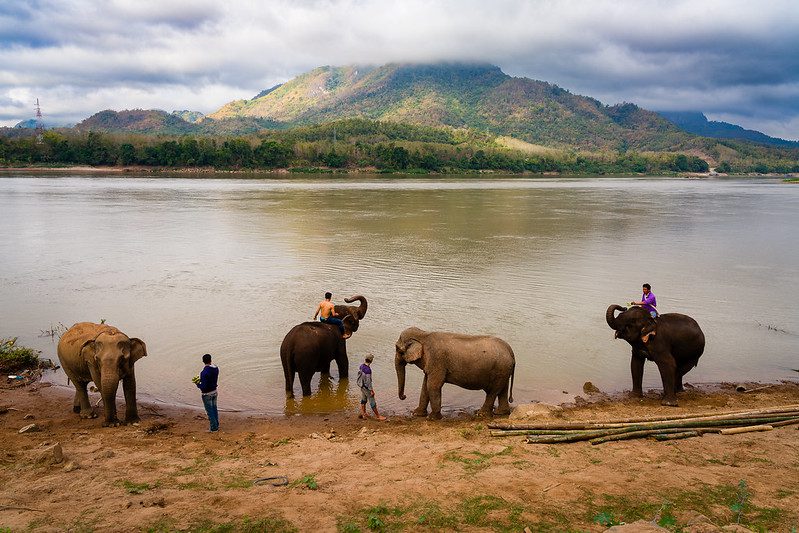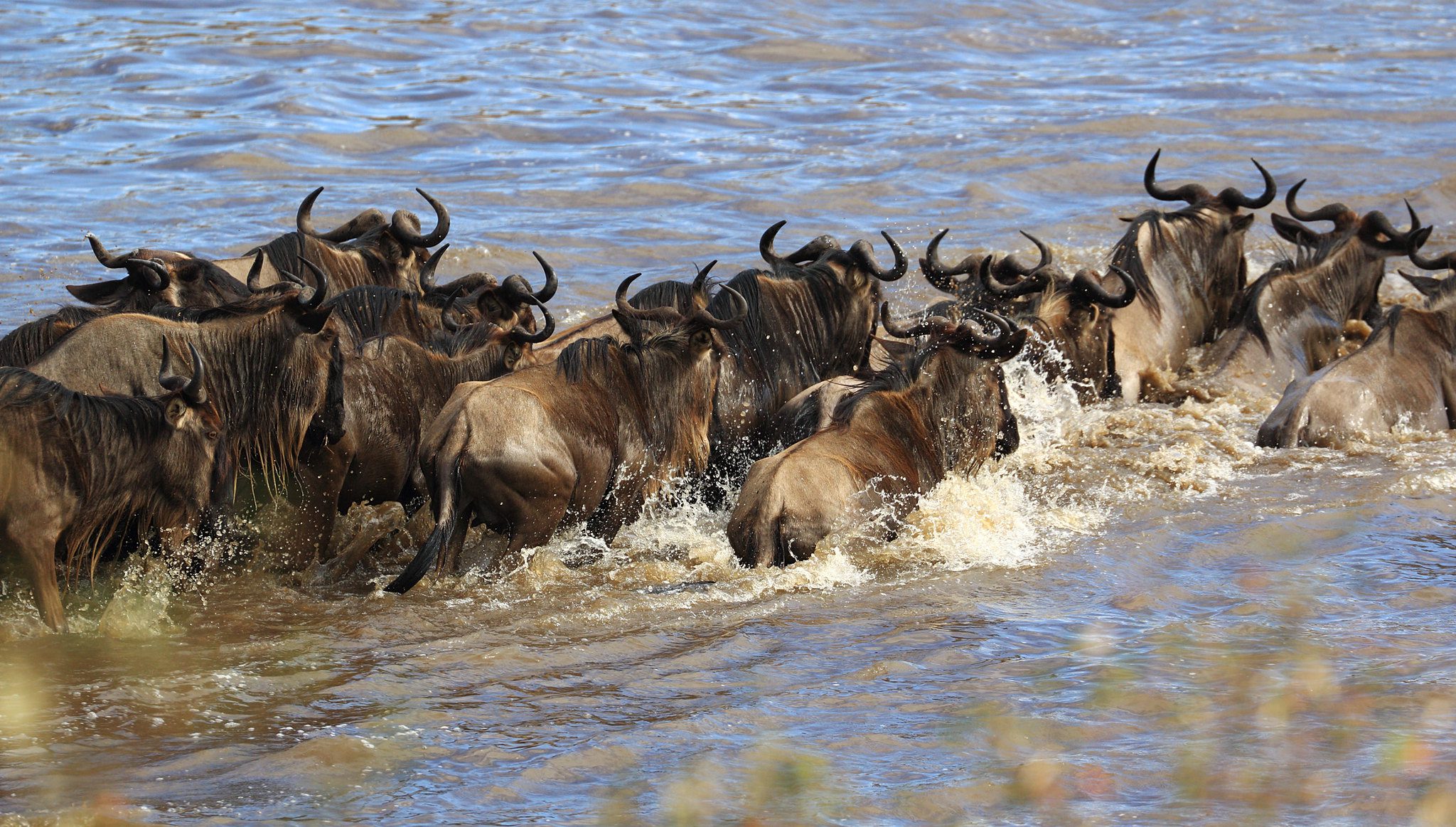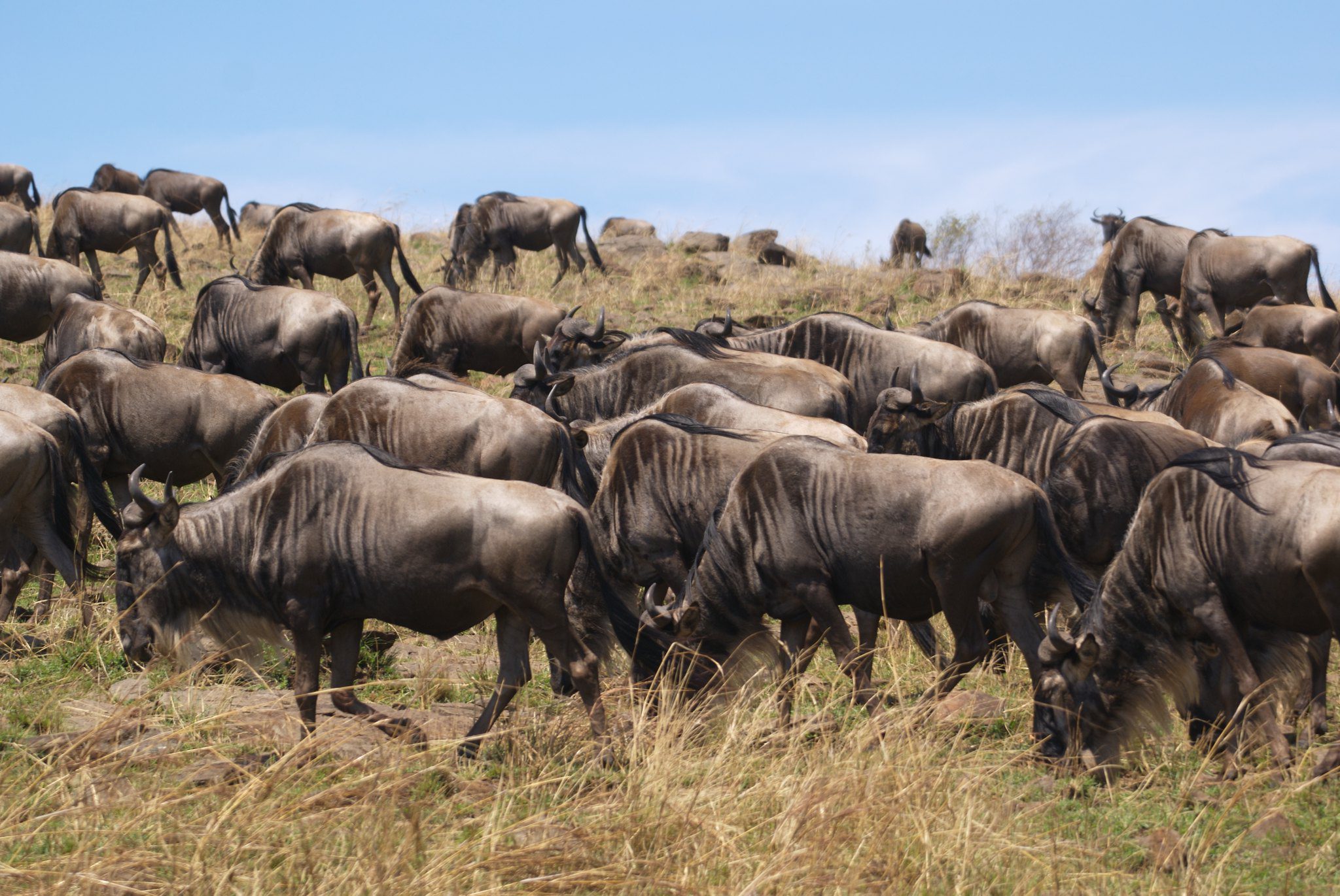As travelers seek unforgettable experiences amidst the natural wonders of the Wildebeest Great Migration, it’s imperative to consider the environmental impact of safari packages and embrace sustainable tourism practices. Balancing the conservation of fragile ecosystems, wildlife habitats, and local communities with the desire for adventure is key to preserving Africa’s biodiversity for future generations. In this guide, we delve into the environmental impact of Wildebeest Great Migration safari packages and highlight sustainable tourism practices that promote conservation and responsible travel.
Preserving Wildlife Habitats
Safari operators and lodges within migration areas play a crucial role in conserving wildlife habitats. By adhering to eco-friendly construction practices, minimizing land disturbance, and supporting wildlife corridors, these initiatives help preserve crucial habitats for migratory species and resident wildlife.
Reducing Carbon Footprint
Sustainable safari packages prioritize reducing carbon emissions and promoting eco-friendly transportation options. This includes using fuel-efficient vehicles for game drives, offering electric or hybrid safari vehicles where feasible, and supporting carbon offset initiatives to mitigate the environmental impact of travel.
Water and Energy Conservation
Luxury lodges and camps implement water and energy conservation measures to minimize their ecological footprint. Practices such as rainwater harvesting, solar energy utilization, energy-efficient appliances, and waste management systems contribute to sustainable operations while maintaining guest comfort.
Supporting Local Communities
Sustainable tourism practices extend to supporting local communities adjacent to safari destinations. Safari packages that engage in community-based tourism, employ local staff, source products from local suppliers, and contribute to community development projects foster positive socio-economic impacts and empower local residents.
Wildlife Protection and Conservation
Responsible safari operators prioritize wildlife protection through anti-poaching efforts, wildlife monitoring programs, and collaboration with conservation organizations. Educating guests about wildlife conservation, ethical wildlife viewing guidelines, and supporting conservation research initiatives are integral components of sustainable safaris.
Cultural Respect and Preservation
Sustainable safari experiences respect and preserve indigenous cultures and traditions. Guided cultural interactions with local communities are conducted ethically and with mutual respect, emphasizing cultural exchange, preservation of heritage, and fair representation of indigenous lifestyles.
Educational and Awareness Programs
Safari packages can incorporate educational programs and wildlife conservation talks to raise awareness among guests about environmental challenges, conservation efforts, and the importance of sustainable travel practices. These initiatives empower travelers to become ambassadors for conservation in their communities.
Waste Reduction and Recycling
Minimizing waste generation and promoting recycling are integral to sustainable safari operations. Lodges and camps implement waste reduction strategies, encourage guests to use reusable items, provide recycling facilities, and practice responsible waste disposal to mitigate environmental impacts.
Certifications and Partnerships
Look for safari operators and lodges that hold certifications such as eco-tourism certifications, sustainable tourism awards, or memberships in conservation alliances. Collaborations with conservation NGOs, wildlife reserves, and community initiatives demonstrate a commitment to sustainable practices and ethical tourism.
Promoting Responsible Wildlife Viewing
Encouraging responsible wildlife viewing practices, such as maintaining safe distances from animals, avoiding wildlife harassment, and respecting wildlife habitats, is paramount in sustainable safaris. Guides trained in ethical wildlife interactions ensure that guests can enjoy wildlife encounters while minimizing disturbances.
The environmental impact of Wildebeest Great Migration safari packages can be mitigated through a collective commitment to sustainable tourism practices. By choosing safari operators and packages that prioritize conservation, community engagement, and environmental stewardship, travelers can contribute positively to the preservation of Africa’s natural heritage while enjoying memorable and responsible safari experiences. Embracing sustainability ensures that the magic of the Wildebeest Great Migration can be enjoyed by future generations in harmony with nature.



